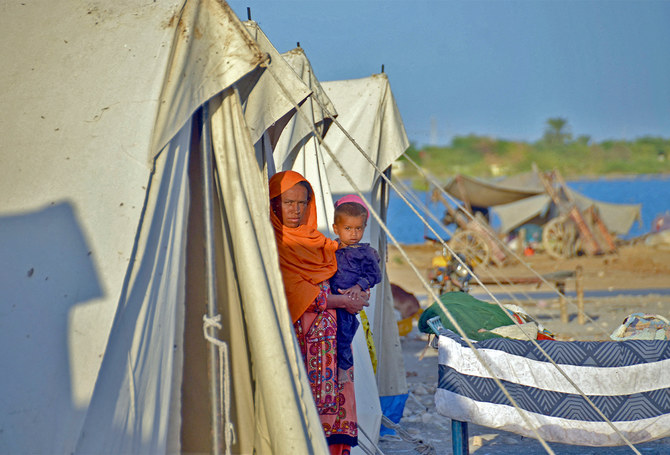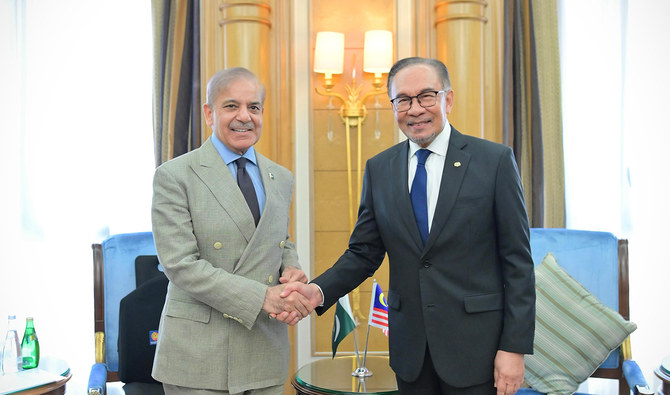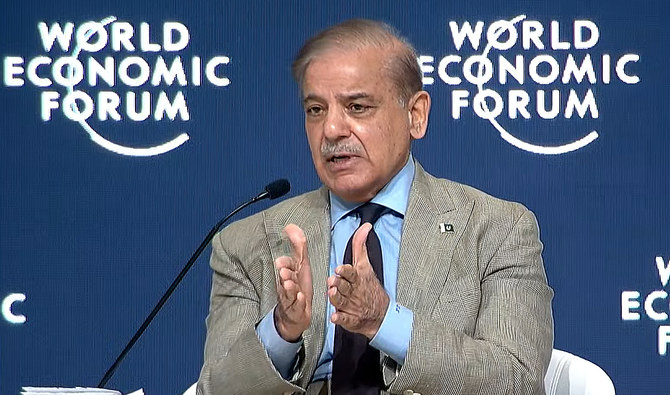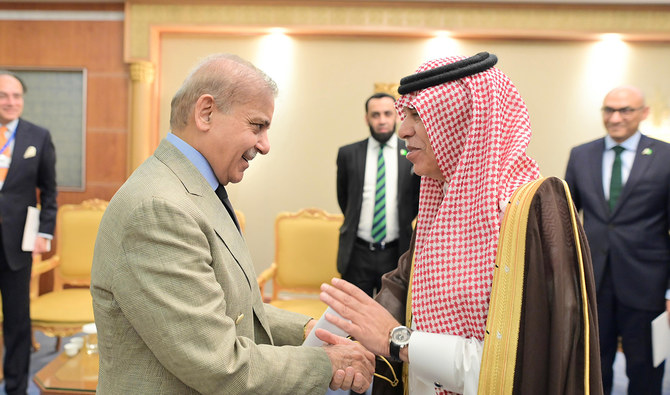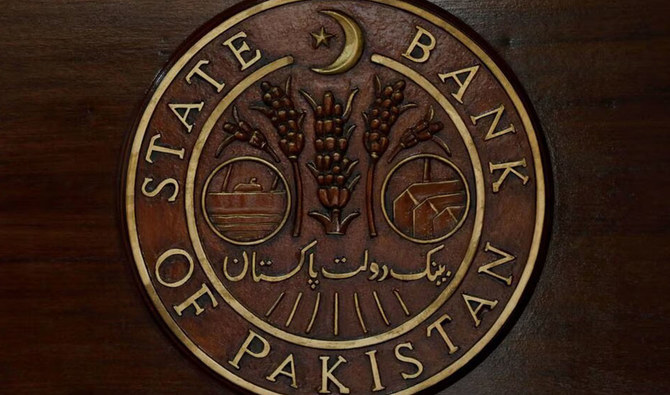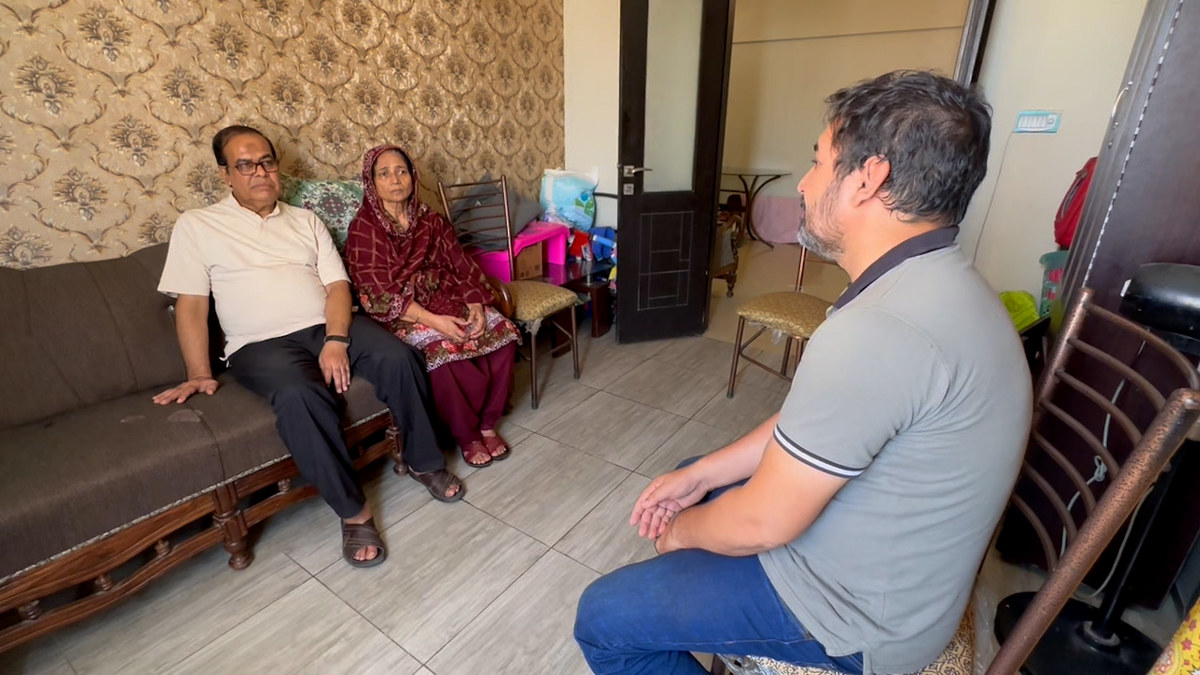ISLAMABAD: Prime Minister Shehbaz Sharif has said this was not the “proper” time to seek climate reparations from wealthy nations, saying that instead he wanted them to take note of their climate impacts and act before it was too late.
Sharif’s statement comes as vulnerable countries ramp up demands for rich countries to pay compensation for losses inflicted on the world’s poorest people by climate change, and after deadly floods in Pakistan have killed over 1,700 people and affected 33 million, Hundreds of thousands of displaced people who are living in the open are being exposed to diseases like malaria, diarrhea, dengue fever, severe skin and eyes infections, cholera, dog and snake bites, all of which are fast spreading amid stagnant floodwaters that officials say will take several months to recede.
Amid the disaster, many Pakistani commentators, as well as Sharif’s own climate minister, Sherry Rehman, have been calling not for aid but for climate reparations from the wealthy polluting nations.
But in an interview to the Guardian published on Thursday, Sharif pushed back on this suggestion.
“We’re not asking about reparations,” he said. “No, we’re not. I don’t think talk of reparations is proper at this point in time. What I am saying is that they should take notice of the situation, take responsibility and act speedily before it’s too late, before the damage becomes irreparable – not just for Pakistan, but for the world.”
Sharif’s statement comes despite wealthy countries failing to deliver a promise for $100 billion a year by 2020 to help poor countries lower emissions and prepare for climate change. Loss and damage payments would be in addition to that $100 billion.
Indeed, when diplomats from nearly 200 countries meet on November 7 in the beachside resort town of Sharm El Sheikh, Egypt, for the UN climate summit, this issue is likely to dominate the talks: “loss and damage,” or climate-related destruction to homes, infrastructure and livelihoods in the poorest countries that have contributed least to global warming.
The world’s 46 least developed countries, home to 14 percent of the global population, produce just 1 percent of the world’s annual CO2 emissions from burning fossil fuels, according to the UN.
As COP27 approaches, climate losses are surging — in rich and poor countries alike. In recent weeks, wildfires have swallowed huge swathes of land in Morocco, Greece and Canada, drought has ravaged Italy’s vineyards, and fatal floods hit Gambia, China and Pakistan.
But COP27 will not be easy, as rich countries arrive with purse strings tightened by soaring energy costs, the economic fallout of the Ukraine war and the COVID-19 pandemic, which prompted wealthy countries spend trillions of dollars propping up their economies.



